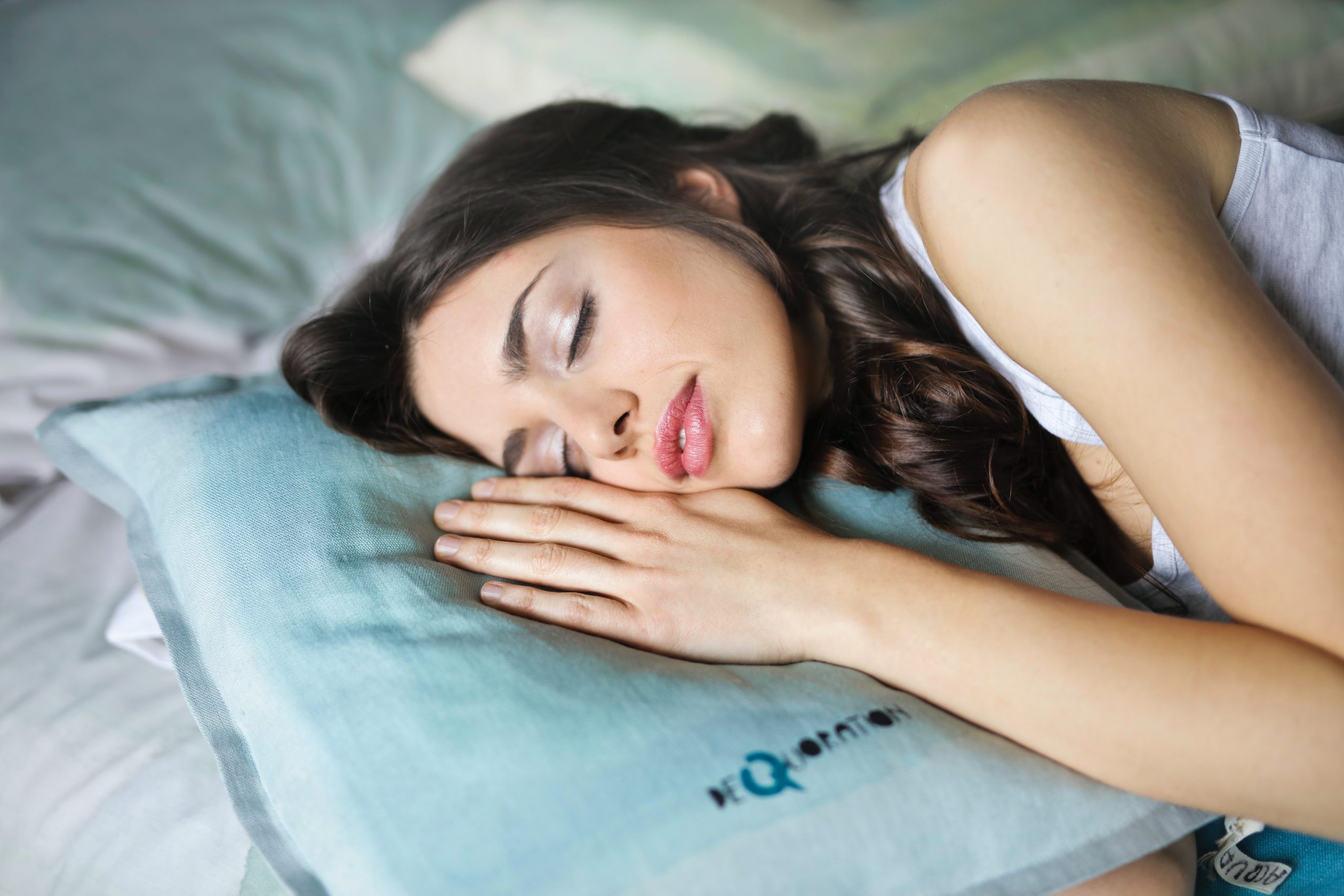
In his book, WHY WE SLEEP, Matthew Walker, PhD reports that 2/3 of all adults in the world do not get enough sleep. A lack of sleep is linked to poor health outcomes such as cardiovascular problems, weight gain, anxiety, depression. There isn’t one organ in the body or one part of the brain that isn’t benefitted by adequate sleep.
Sleep is necessary for learning, memory, and decision-making. Getting enough sleep optimizes emotional circuits and enhances the immune system, fights infection, and time for healing the body. Adequate sleep even fine-tunes the balance of hormones like insulin and glucose, and even affects food selection (stay up too late and find yourself craving high calorie foods). Disturbed sleep or lack of sleep is one of the risk factors for Alzheimer’s disease and cognitive decline. (4,5)
Two Forces that Regulate Sleep
- Sleep without setting an alarm, then wake naturally. If you wake up refreshed and ready to rise, chances are you are getting enough sleep—-, unless you feel tired mid-morning (without consuming caffeine). In this case, you are not getting enough good-quality sleep.
- Can you function optimally WITHOUT CAFFEINE before noon? If no, then you are likely self-medicating sleep deprivation and may have a sleep deficit.
What sleep factors may predispose the brain to poor sleep
leading to poor performance and cognitive decline?
- Not getting enough sleep. While some may think that getting less than 6 hours is a badge of honor, research has shown that women (aged 65-80) who get less than 6 hours are more likely to experience dementia. (3)
- Sleep-disordered breathing, sleep apnea or low oxygenation while sleeping. Snoring may be a sign of poor brain oxygenation. If you snore, or if you think you have sleep apnea, ask your doctor to order a sleep test. Consistent poor oxygenation day or night impairs energy production in brain cells, and thus, may diminish cognitive, emotional and/or memory function. (5)
- Eating too much or too close to bedtime. Researchers recommend allowing at least 3 hours between the last food consumed and bedtime for optimal metabolism.
- Caffeine too late in the day—from coffee, dark chocolate, tea, weight loss pills, pain relievers. A cup of coffee has approx 120 mg caffeine; peak levels are reached about 30 minutes after consumption. The half-life (time to clear 1/2 of the caffeine from the body) is 5-7 hours. If you drink a cup of coffee at 3 pm, you will still have 50% of that caffeine in your system at 10 pm—only half way there to “cleansing your brain” of the caffeine you had during the afternoon. Caffeine mutes the sleep signal by blocking adenosine receptors which signal sleep. Bottom line: too much caffeine too late in the day masks the sleep signal and tricks you into thinking you are alert and awake——while the body is simultaneously building up a powerful sleep load with accumulating adenosine. (1)
- Alcohol. Some folks think of alcohol as a sleep aid; not true.
- Bright-light or blue-light exposure at night.
- Too warm a sleep environment.
- Light exposure during sleep.
- Perceived stress. (7)
Bottom line: just like nutrition and exercise, optimal sleep depends on many smaller, non-sleep decisions we make throughout the day (such as what time we rise in the morning, what we eat, when we eat, if we drink caffeinated beverages, if we eat dark chocolate, if we drink too much water too close to bedtime, if we sleep with a bed partner who stays up later than we do, etc).
To learn more about which factors may be impacting your sleep and how you can optimize your sleep habits, CLICK HERE to get your free Better Brain Balance Sleep Assessment Checklist.




